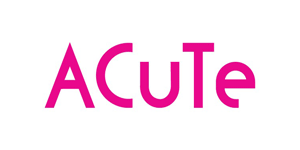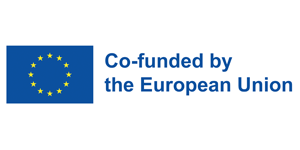In a series of case studies, theater practitioners map the current landscape of AI, sharing how this technology is expanding their creative practices. The program showcases a wide range of approaches from theater and beyond. Taking a broader view, Markus Lobbes explores how technology and AI impact theater, weighing both benefits and concerns. Robotics researcher Heather Knight explores the human factor in humor by performing stand-up comedy with a robot. Dramaturg Anders Hasmo reimagines performance as a space where technology becomes an artistic co-author. Composer and director Brigitta Muntendorf brings AI voice clones into immersive 3D sound theater, questioning presence. Stefan Kaegi will show examples of formats of theatre by his documentary performance label Rimini Protokoll using Humanoids and other robotics, computer voices and Deep Fake Technologies.
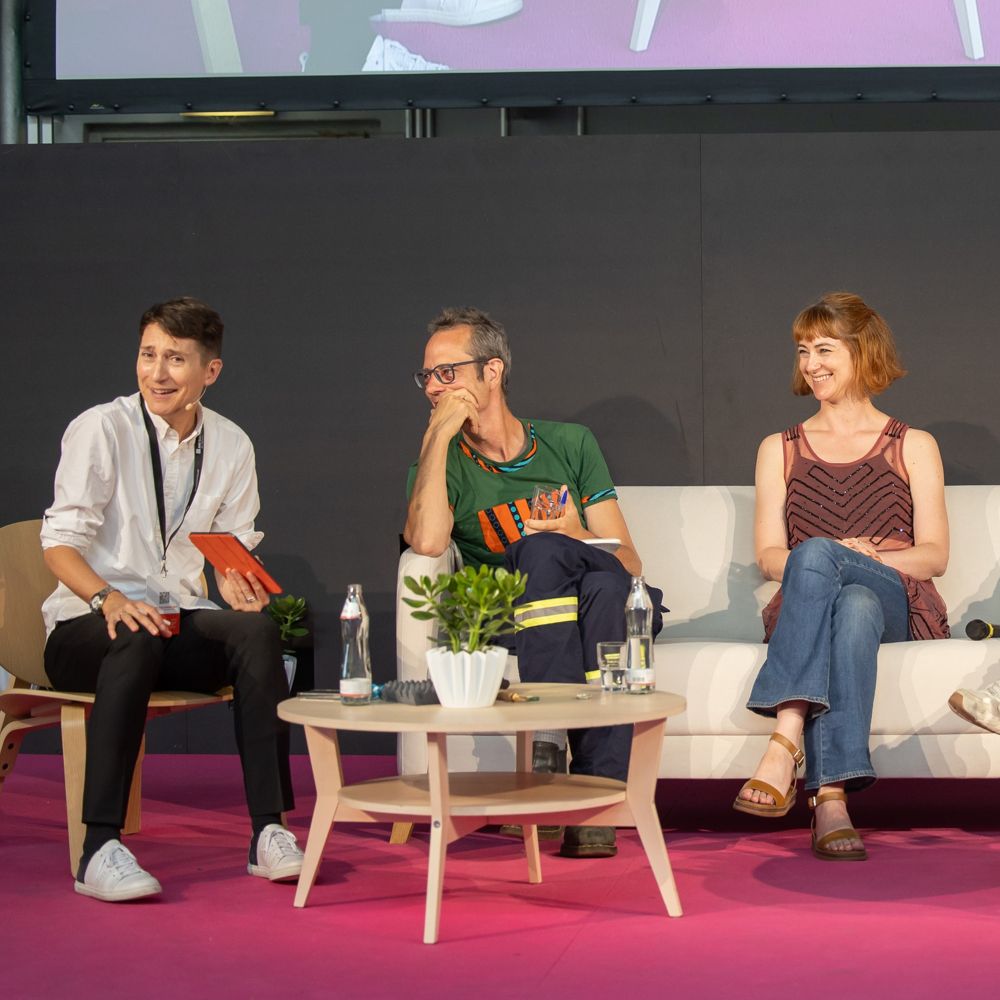
Photo: flap
Lecture & Talk
ACT I – EXPLORING EXPANSION
EXPLORING EXPANSION: AI PRACTICES IN THEATER AND BEYOND
Heather Knight (US), Brigitta Muntendorf (DE), Anders Hasmo (NO), Marcus Lobbes (DE), Stefan Kaegi (CH)
POSTCITY, First Floor, Conference Hall
Sprache //
EN
Ticket //
FESTIVALPASS+, FESTIVALPASS, ONE DAY PASS, FREE / No Ticket
-
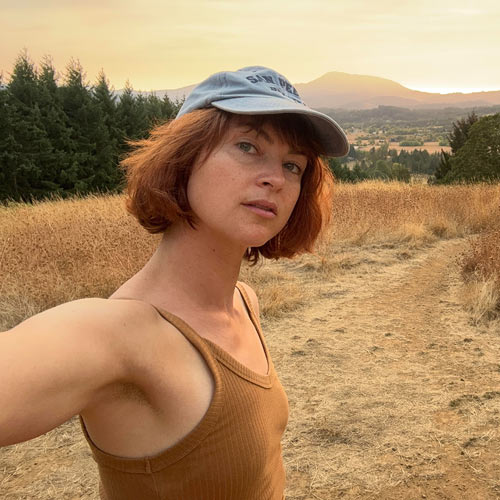
Photo: Heather Knight
Heather Knight
Heather Knight runs the CHARISMA Robotics research group. Her education includes a PhD on Expressive Motion for Low Degree of Freedom Robots from Carnegie Mellon University, and M.S. and B.S. degrees in EECS from the Massachusetts Institute of Technology. She has worked at NASA’s Jet Propulsion Laboratory and Aldebaran Robotics, and produced the Robot Film Festival, a Cyberflora robot flower garden, robot comedy on TED.com, and a two-floor Rube Goldberg machine for OK Go that won a British Video Music Award.
-
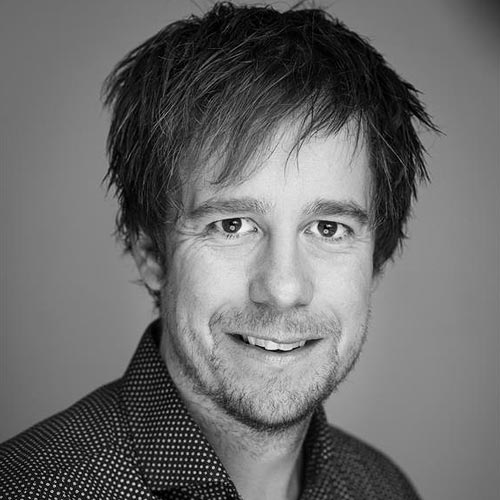
Photo: Anders Hasmo
Anders Hasmo
Anders Hasmo has been a dramaturg at Det Norske Teatret in Oslo since 2016, contributing to a wide range of productions across genres and formats. He holds a Master’s degree in Dramaturgy from Aarhus University, where his thesis examined developments in institutional theater. Alongside his dramaturgical work, he has a particular interest in how new technologies may influence the future of theater, and has been involved in the Creative Europe projects ACuTeand European Theatre Lab: Drama Goes Digital. He has also worked at Den Nationale Scene in Bergen and held teaching engagements at several universities.
-

Photo: Johann Sebastian Hänel
Brigitta Muntendorf
German-Austrian composer Brigitta Muntendorf explores the fragility of our techno-social and socio-political reality and develops new concepts of Radical Listening, Environmental Storytelling, and Immersive Theater in instrumental settings to 3D audio productions and trans-digital music theater. Her music is performed at leading contemporary festivals worldwide. She is a professor of composition at the Cologne University of Music and Dance and the artistic director of the KunstFestSpiele Hanover.
-
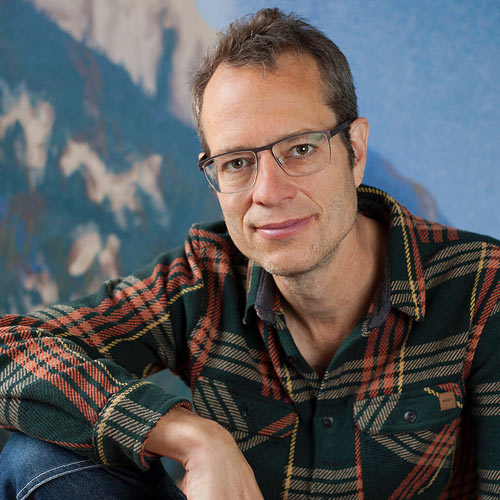
Photo: Mara von Kummer
Stefan Kaegi
Stefan Kaegi co-produces works with Helgard Haug and Daniel Wetzel, under the label “Rimini Protokoll”. Recent works include Utopolis for public spaces, the Conference of the Absent for stages or their installation win win for museums. Stefan Kaegi also converted a truck into a mobile audience room (Cargo Sofia-X). He adapted the collective audiotour Remote X to dozens of cities. At Ars Electronica 2023 he showed Uncanny Valley, a monologue for a humanoid robot.
-

Photo: Susanne Diesner
Marcus Lobbes
Marcus Lobbes is Director of the Academy for Theater and Digitality in Dortmund. With his background also in theater and education, he is in demand locally, nationally, and internationally as a director for lectures and discussion formats. He is particularly interested in establishing and promoting various networks for the performing arts and communicating artistic research in connection with the latest technologies to theater and educational institutions, politicians, and the general public.
